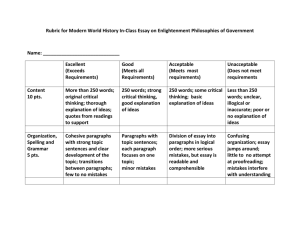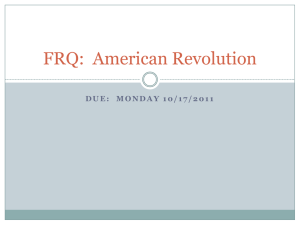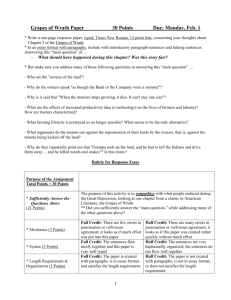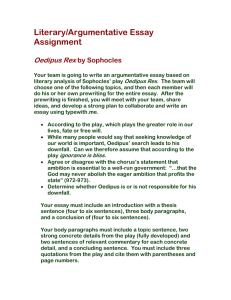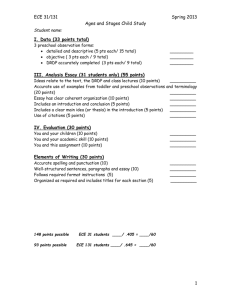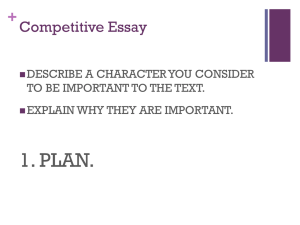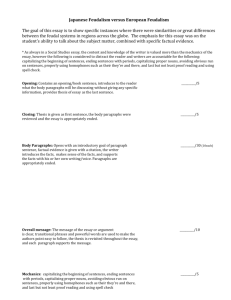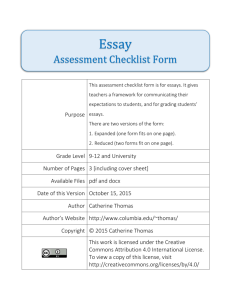GETTING THE BALL ROLLING
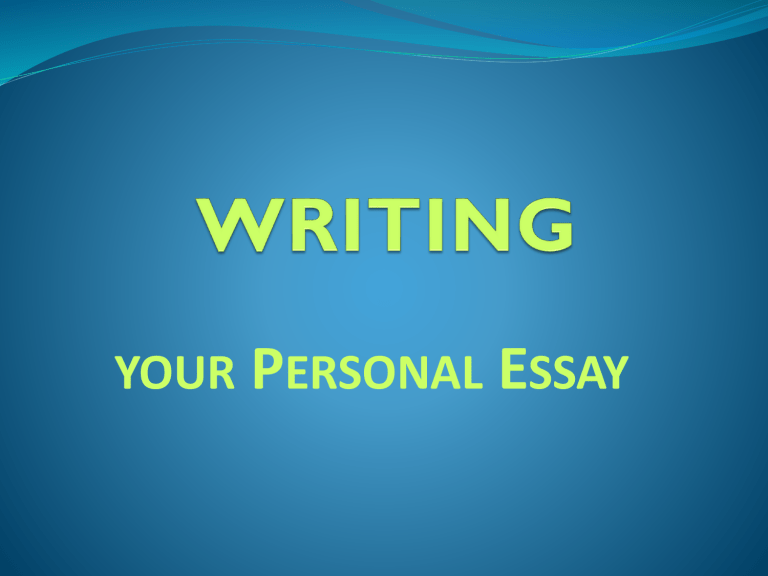
YOUR
P
ERSONAL
E
SSAY
IT IS personal
and
meaningful
direct communication that helps you be a
UNIQUE, ALIVE person, not a set of numbers and facts.
Keep in Mind that your essay:
Is a coherent, “professional” piece of writing with a beginning, middle, and end.
Is limited to 5300 characters (that’s about 1.5 pages single space)
Goes directly into your AMCAS application
Conveys something about your character and your genuine motivation for going to medical school.
TAKES TIME
Really, Truly, should be PERSONAL!
THE AMCAS APPLICATION WORKSHEET RECOMMENDS YOU CONSIDER
THE FOLLOWING QUESTIONS WHEN DRAFTING YOUR STATEMENT:
Why have you selected the field of medicine?
What motivates you to learn more about medicine?
Also Consider:
• Is there something you want medical schools to know about you that has not been disclosed in another section of the application?
• Are there any special hardships, challenges or obstacles that may have influenced your educational pursuits? (though don’t dwell)
• Was there significant fluctuations in your academic record. If so only comment VERY BRIEFLY in a way that’s cohesive w/ essay if something useful to note.
1.GETTING STARTED……
Check out Winter ‘11 pwrpt re: getting started
.
Gathering your ideas, your material.
Writing exercises help you build your writing
“muscle.”
Brainstorming exercises help devise essay topics.
Self assessment gives you understanding of your own experiences, accomplishments and skills.
Recall events/things/people that influenced you
Contemplate and clearly identify your own goals
AN EXERCISE: Choose a topic
3-10 Minutes per question/suggestion
Just put your pen to paper
Keep writing even if you are not sure what else to say.
As you do these kinds of exercises, notice what grabs your attention, feels sparky to you, best describes you and your motivations. Welcome surprises!
** Remember, important moments for you can be “small” moments. If they were meaningful to you, that will come across.
•
•
•
•
•
•
•
QUESTIONS FOR WRITING:
•
•
•
•
•
Talk about something you love
Who is someone (s)that has been important to you and why?
Describe some significant influence in your life
What are you passionate about?
What motivates you to be a doctor?
When have you “changed your mind” because of an experience.
What are your skills?
Write about 5 moments/experiences that stand out in your memory
Describe healthcare experiences that have been meaningful to you
Play with chronology. Starting from childhood note any special/pivotal experiences include feelings/responses.
Describe your personality/character traits and consider how some of them are also skills. How have they been part of how you do things and what you choose or could make you a successful doctor.
When have you experienced adversity and how did you go through it?
What touches you, moves you, makes you laugh?
Describe overcoming an adversity/obstacle.
YOU’VE GATHERED stories, memories, ideas, feelings, thoughts…Certain things have risen to the top of your awareness.
NOW try your hand at writing a “piece” that begins to answer the question of what experiences lead you to want to be doctor.
O NLY GIVE YOURSELF A COUPLE OF DAYS TO WRITE A FIRST DRAFT .
Say “Later” to any voice in your mind that makes you feel it needs to be perfect on the first try. Just start! Get your words/paragraphs on paper .
Revisions will come after you have something to work with .
This process takes time. Don’t wait for “divine inspiration.” Just, start!
(What? Just start!)
DO:
Let your personality come out!
Tell stories. Use details.
Be honest and genuine.
Create or recognize your Outline/Themes.
Construct your paragraphs to make sense.
Make good transitions between paragraphs creates cohesion.
Write a lead-in that grabs reader’s attention.
Draw a conclusion that ties, summarizes or emphasizes main pts.
Be Active (verbs, for instance)
Get feedback, check all grammar and punctuation in final drafts.
(Have other readers!)
DON’T”
Use gimmicks
Be vague or general
Make unsubstantiated statements
Make lists
Use passive structures
Overuse words like: however, thus, nevertheless etc.
Make overlong sentences
Make sentences too choppy.
Overuse “big” words.
Be trite
Make grammatical errors or typos
3. R
EVISE
/R
EWRITE
Put it away and let it percolate a few days/weeks (depending on time).
Then—Return! It might still change a great deal. That’s OK!
Read it Out Loud. How does it flow?
Does any place surprise you? Come across as flat, distant, disconnected? Come across as unexpectedly sparky, especially alive, interesting?
…..
R
EVISE
/R
EWRITE
CONTENT = Did you answer the question? Do you have examples for pts—are they concrete/personal/specific? Is it about you?? WHAT does it say about you? Does it sound like you? Get feedback.
STRUCTURE = Are main pts in first sentences? Is there a natural flow, cohesion, good transitions? Do paragraphs stick to the pt? Does conclusion flow naturally?
INTEREST = Is the opening personal? When does it really begin?
Did you show or tell? Did you use language you wouldn’t use in conversation? ACTIVE Voice?? Anything trite? Is it interesting to YOU? Does ending give feeling of completeness?
Look for:
Passive/lackluster words
Really… there is……
It is essential that…..
….in conclusion
Yet … although ….
I feel/ I felt / rather it is important to note
However
In addition in fact
Can be I noticed that
Perhaps
….somewhat
It is essential to:
READ OUT LOUD
PROOFREAD
GET FEEDBACK
!
(rwitrwitrwit)
(also, you can touch base with Sarah Berger to review content & “on trackness”)
To be mindful of:
Too much emphasis on high school….
Be personal and interesting not just philosophical or listy.
You can share your strengths but avoid being arrogant
Stick to the truth, avoid hyperbole (it’ll bite you in the tush)
Are sentences digestible? Discern if too long
Are you telling or showing? Details..
Developing your ideas until fully formed
Does your conclusion bring things together?
Give Yourself Time!
Creativity (which is what this is) takes time to percolate and come into form.
Meet the blank page—don’t wait for “the perfect”, fully formed, idea.”
Gather first. Then get started. You’ll find that your ideas will emerge and develop.
It’s okay if it gets longer before it gets shorter as you find what you really want to say. You’ll “boil it down.”
Don’t be afraid to revise or rewrite. A fully formed
PERSONAL essay, will emerge. Really. You have still have time.
PERSONAL? Remember, this is about you, in
